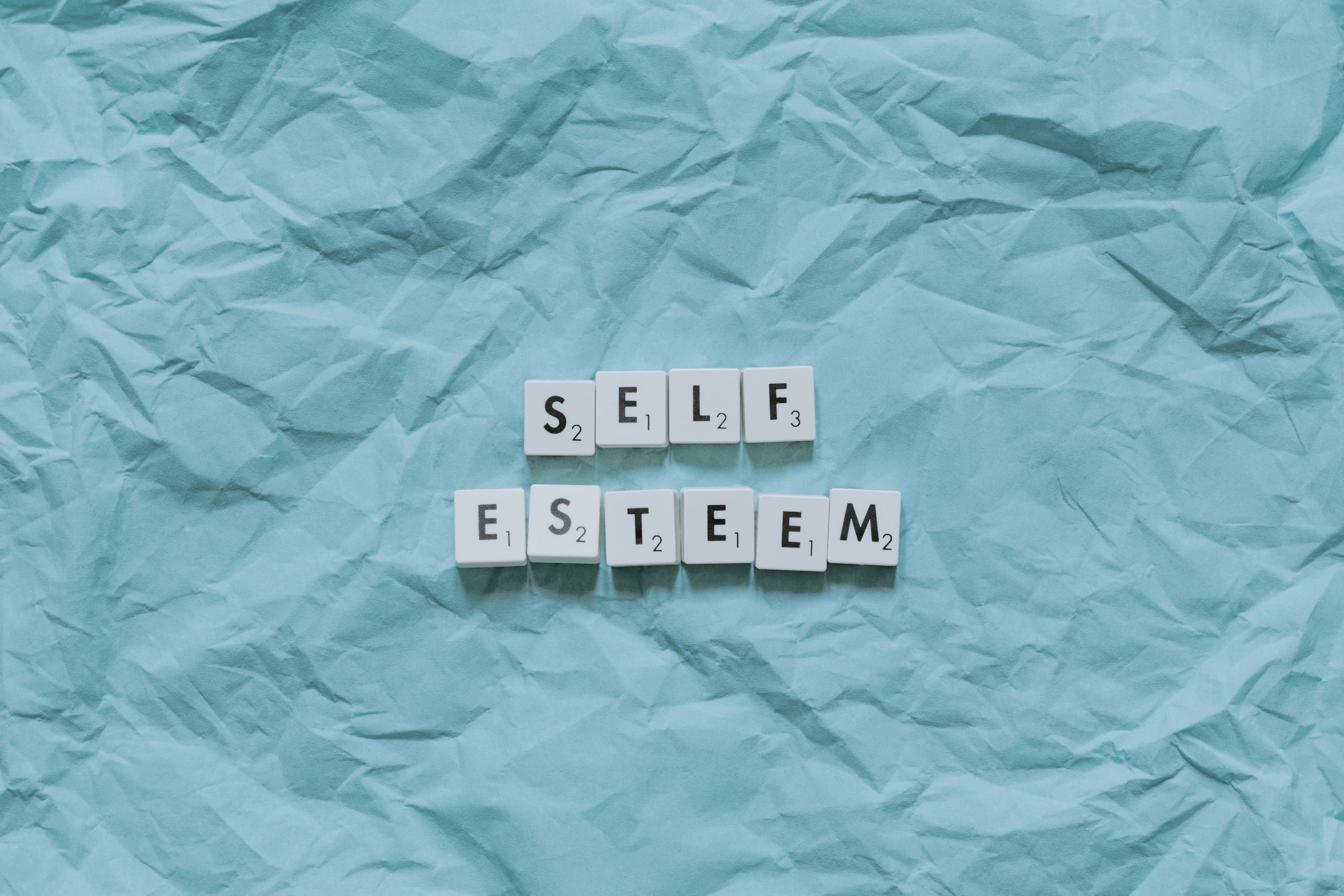“All praise is to Allah. We praise him, we seek His help, His forgiveness, and we seek refuge in Allah from the evil within ourselves and of our actions. Whomsoever Allah guides, none can misguide him. Whomsoever Allah leads astray, none can guide him.
I testify there is no God but Allah alone, without any partners, and that Muhammad, ﷺ, is His servant and messenger.”
Welcome to the Friday Khutbah! A weekly series on the AlMaghrib Journal, based on sermons delivered by our esteemed instructors! We hope you find it beneficial!
Abdullah ibn Mas’ud (رضي الله عنه) gave us profound advice when he said: “Whoever among you wishes to follow a way, let him follow the way of those who have passed away, for the living are not safe from fitnah (trials).”
He was speaking about the companions of Muhammad ﷺ, saying: “By Allah, they were the best of this ummah, with the most righteous hearts, the deepest knowledge, and the least pretence.” These were people whom Allah chose to establish His religion and to be the company of His Prophet ﷺ. Ibn Mas’ud urged us: “Recognize their virtue and follow them in whatever you can of their religion and character, for indeed they were upon true guidance.”
The companions aren’t just historical figures for us to study—they’re examples for us to emulate. Their lives contain practical lessons that can transform how we live our Islam today.
Consider Bilal ibn Rabah (رضي الله عنه). Here was a man who began as a slave in Mecca, tortured mercilessly by his owner for accepting Islam. Yet this same man would stand atop the Ka’bah on the day of the conquest of Mecca, calling the adhan from its highest point—the very city’s greatest political, religious, and economic symbol.
Imagine that transformation. A former slave returning to the place of his persecution, now standing with dignity and confidence, proclaiming “Allahu Akbar” for all to hear.
What enabled such a remarkable change?
Here are 4 powerful lessons in self-worth we can take from the life of Bilal (رضي الله عنه)
Lesson 1: Building Self-Worth Through Protection and Support
The Prophet ﷺ consistently built the self-worth and confidence of his companions, especially those whom society had marginalized. We live in an ummah that often lacks confidence, where we see leaders on the world stage humiliating themselves and their communities. But the Prophet ﷺ showed us a different way.
He never allowed his companions to be belittled. When Abu Dharr al-Ghifari once said to Bilal, “O son of a black woman,” the Prophet ﷺ immediately corrected him: “Are you insulting him because of his mother? You are a person who has ignorance (jahiliyyah) in you.” (Sahih al-Bukhari)
This raises a crucial question for us: Do we allow people to be insulted or belittled in our presence? Do we stand up for those being demeaned?
The companions internalized this lesson beautifully. When Abu Bakr (رضي الله عنه) negotiated to free Bilal, the story itself was empowering. Umayyah ibn Khalaf, Bilal’s torturer, set a high price. Abu Bakr agreed immediately without negotiation. Later, Umayyah told him, “I was so tired of this slave that if you had bargained, I would have sold him for a fraction of the price. You paid way too much.”
Abu Bakr’s response? “If you had insisted on ten times the price, I still would have paid it.”
Can you imagine how that made Bilal feel? To know that his brothers valued him so highly?
Umar ibn al-Khattab (رضي الله عنه) later said, “Our master (Abu Bakr) freed our master (Bilal).” Despite being from the noble tribe of Quraysh, Umar referred to both Abu Bakr and Bilal as his masters. This is how the companions embraced and elevated each other.
Lesson 2: The Power of Giving
The Prophet ﷺ commanded Bilal: “Spend, O Bilal, and do not fear poverty from the Lord of the Throne.” (Musnad Ahmad)
Notice who received this command. Not Abdur-Rahman ibn Awf, not Abu Bakr, not Talha—companions known for their wealth. The Prophet ﷺ was commanding Bilal, who had limited means, to give in charity.
This teaches us that we’re all commanded to do what we can, even if it seems small or insignificant in the eyes of people. Don’t fear that Allah won’t notice your actions. Whether you can give much or little, what matters is that you contribute according to your ability.
Lesson 3: Consistency
Consistency in worship, no matter how small the action, has tremendous power. The Prophet ﷺ once told Bilal, “What is it that you do? For I heard your footsteps in Paradise.” (Tirmidhi)
Bilal’s response was humble and profound: “I cannot think of anything except that every time I perform wudu, I pray two rak’ahs.”
That was it. A simple practice, done consistently. The Prophet ﷺ taught us: “The most beloved actions to Allah are those that are most consistent, even if they are small.” (Sahih al-Bukhari)
This is a lesson we desperately need today. We often seek grand gestures and dramatic displays of faith, but what transforms us is the steady, consistent practice of small good deeds. What’s your consistent action? What’s the one thing you do regularly that connects you to Allah?
Lesson 4: True Strength Comes from Conviction
Perhaps the most powerful lesson from Bilal’s life is this: strength is not material or physical—it’s strength of conviction and will.
Picture Bilal being tortured under the scorching sun, a massive boulder placed on his chest, his body broken and bleeding. And yet, through it all, he proclaimed: “Ahad! Ahad!” (One! One!)
Later, the companions asked him why that became his slogan. His answer was remarkable: “Because I realized that was the slogan that annoyed them the most. I tried saying different things, but when I said ‘Ahad, Ahad’—affirming that Allah is One—it would infuriate them the most. So I kept saying it.”
Think about that. He was being tortured, yet he was simultaneously tormenting his torturers. They thought they had power over him, but he had power over them—the power of an unshakeable conviction that could not be broken by any worldly force.
When we think of Bilal, we shouldn’t think of a broken slave. We should think of a symbol of strength—a man whose power came not from resources, wealth, or physical might, but from the conviction in his heart and the strength of his faith.
Living These Lessons Today
These four lessons from Bilal’s life are as relevant today as they were 1,400 years ago:
- Build others up – Never allow people to be belittled in your presence. Support your brothers and sisters, especially those whom society marginalizes.
- Give what you can – Don’t let limited resources stop you from contributing. Give according to your ability and don’t fear poverty when giving for Allah’s sake.
- Stay consistent – Find your small, consistent act of worship and maintain it. It’s not about grand gestures but steady devotion.
- Develop unshakeable conviction – True strength comes from your faith and principles, not your circumstances. When your conviction is strong, no trial can truly break you.
May Allah grant us the strength of Bilal, the wisdom to follow the companions, and the consistency to worship Him as He deserves to be worshipped.



Recent Comments